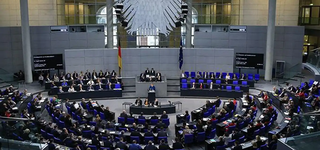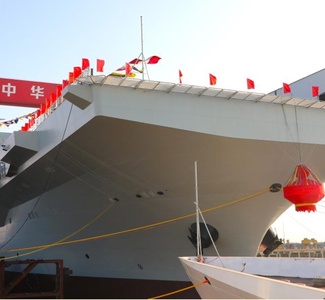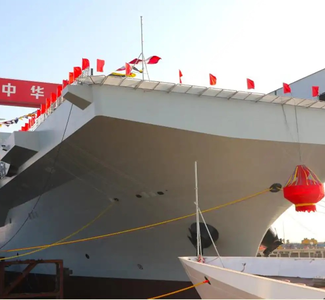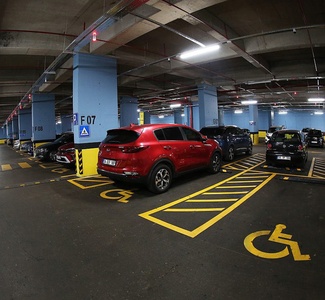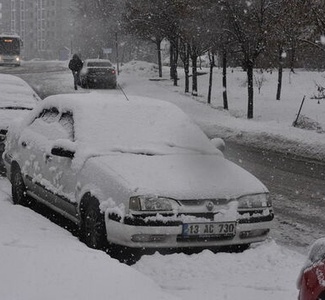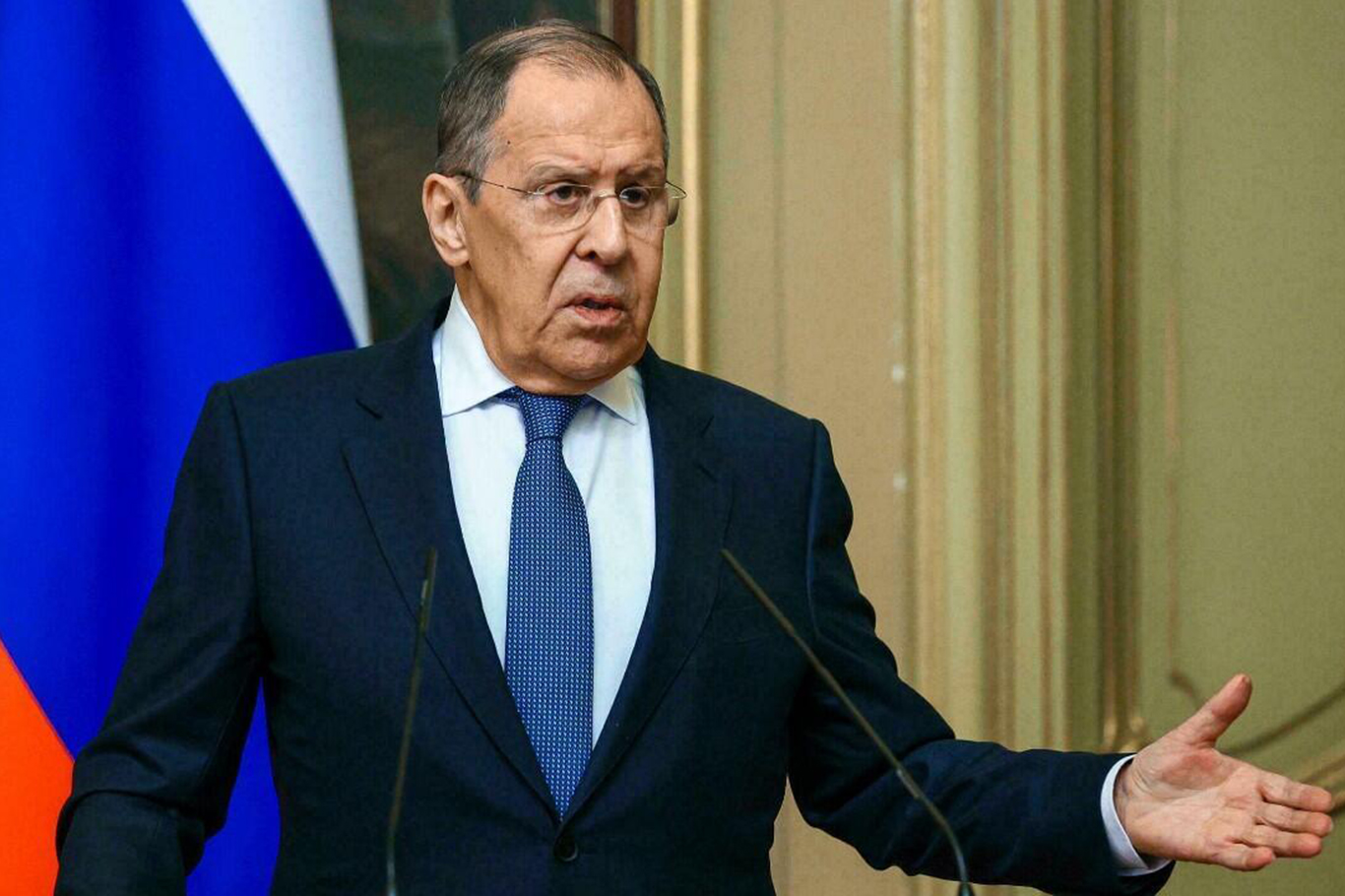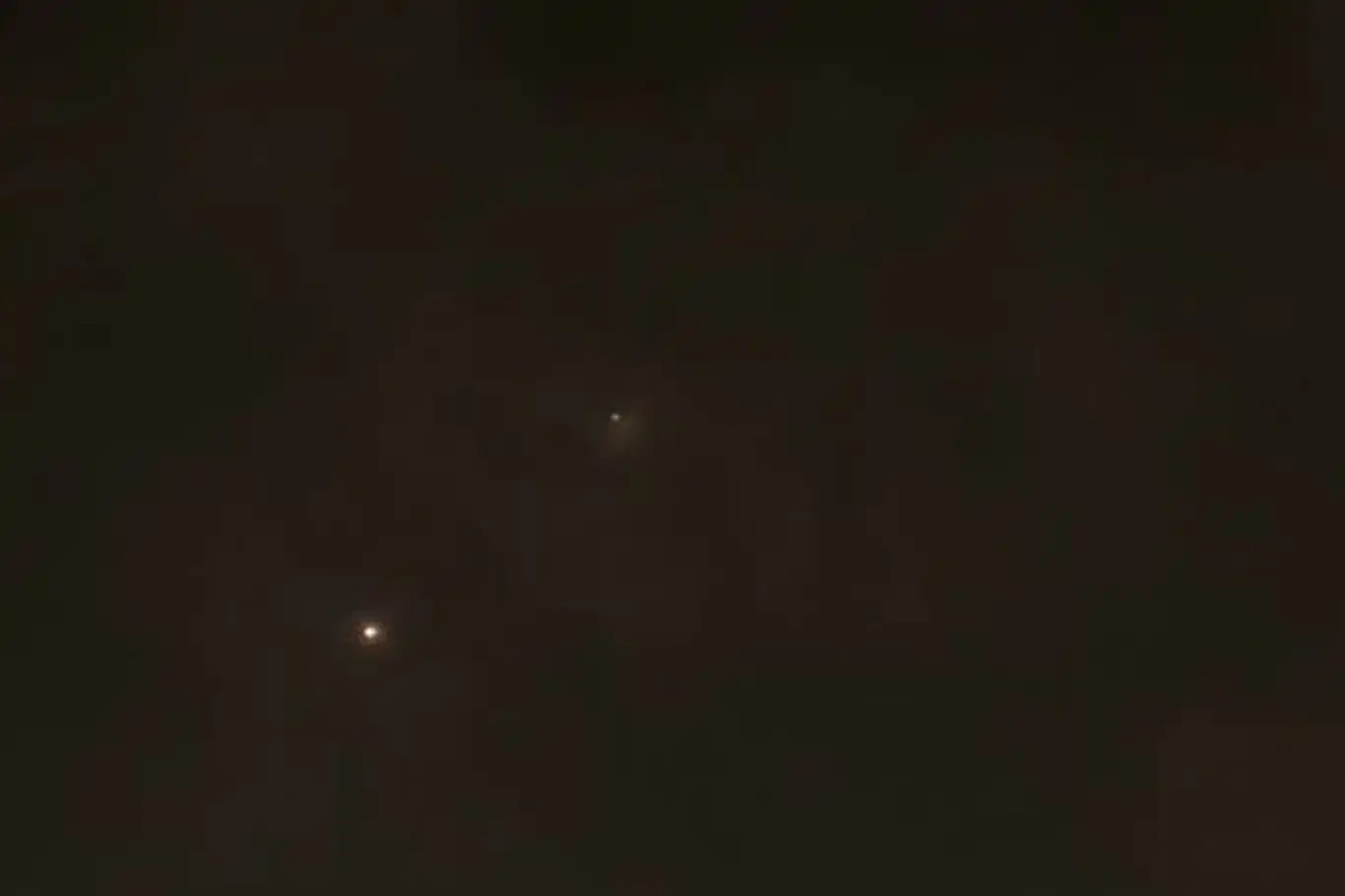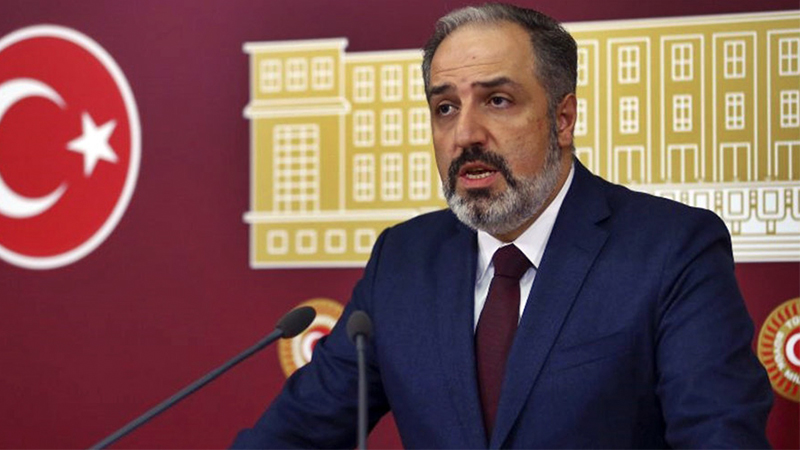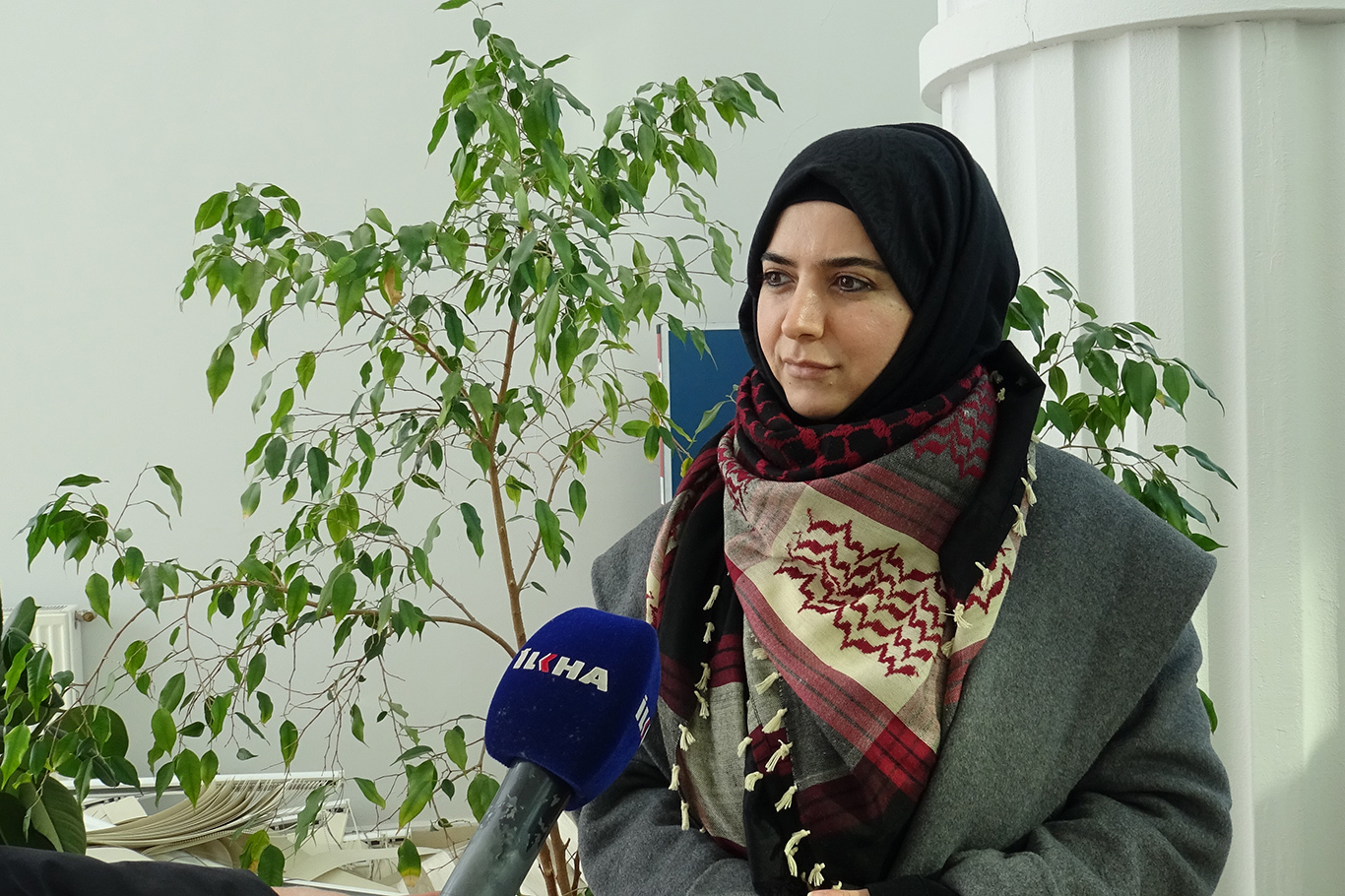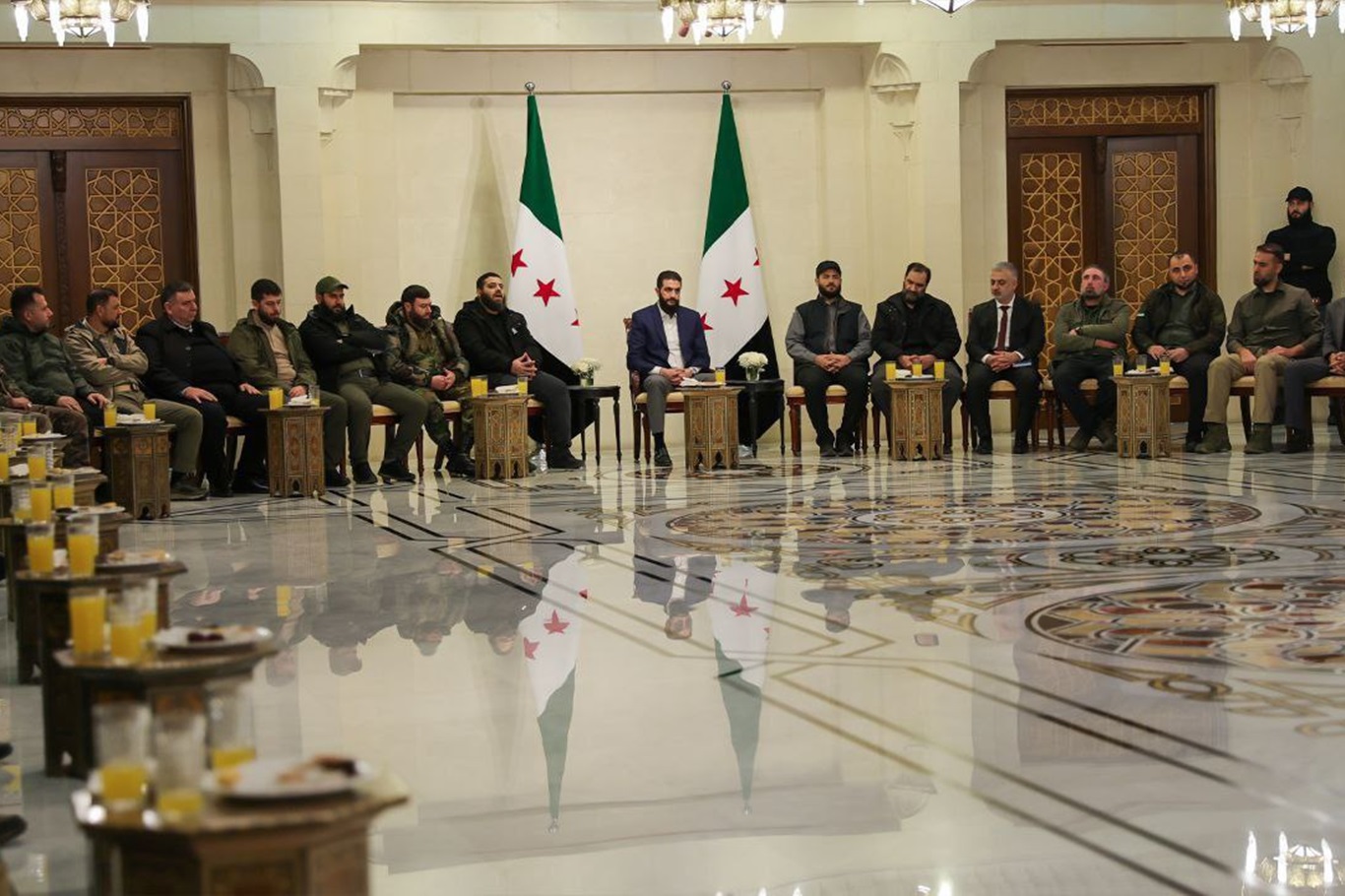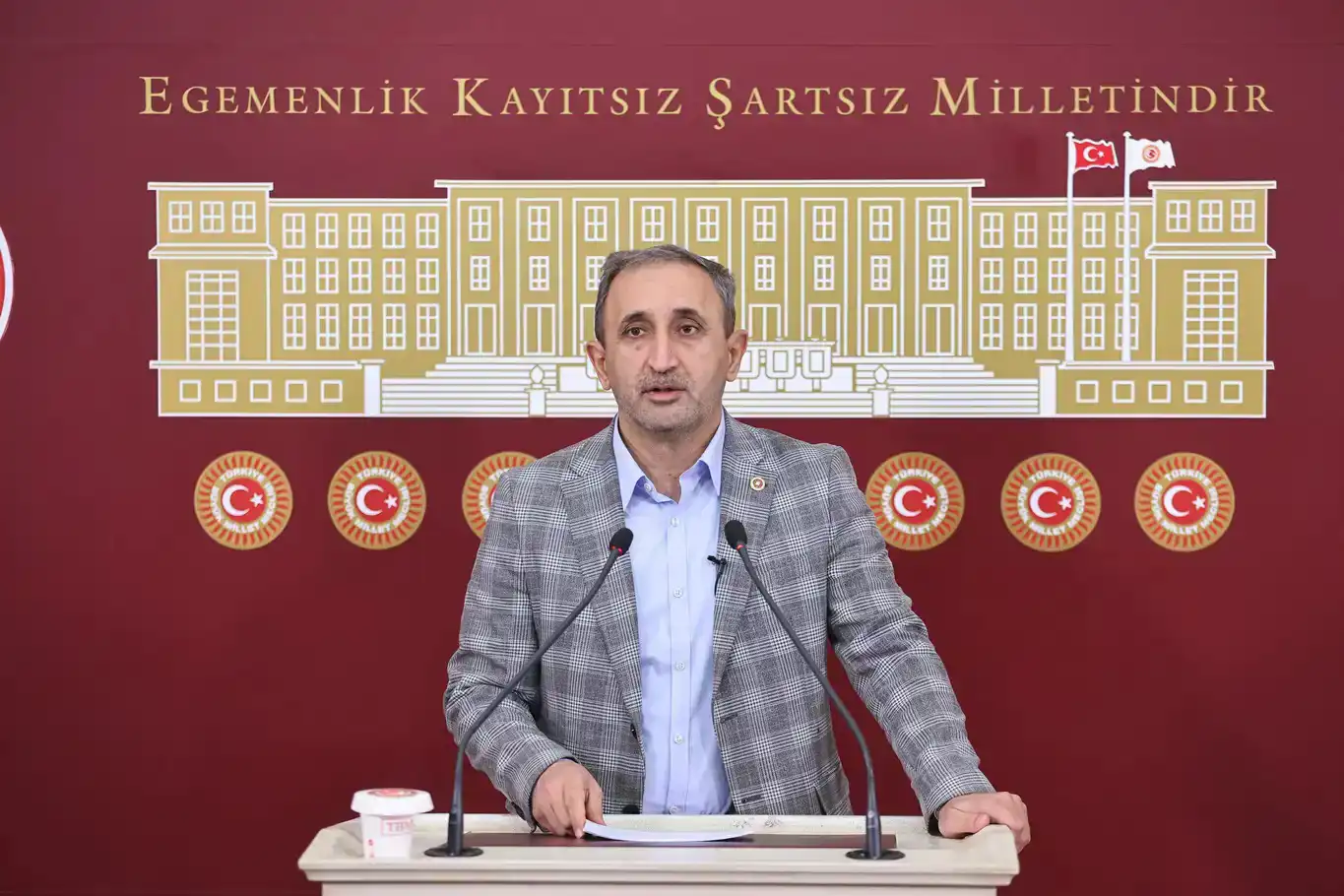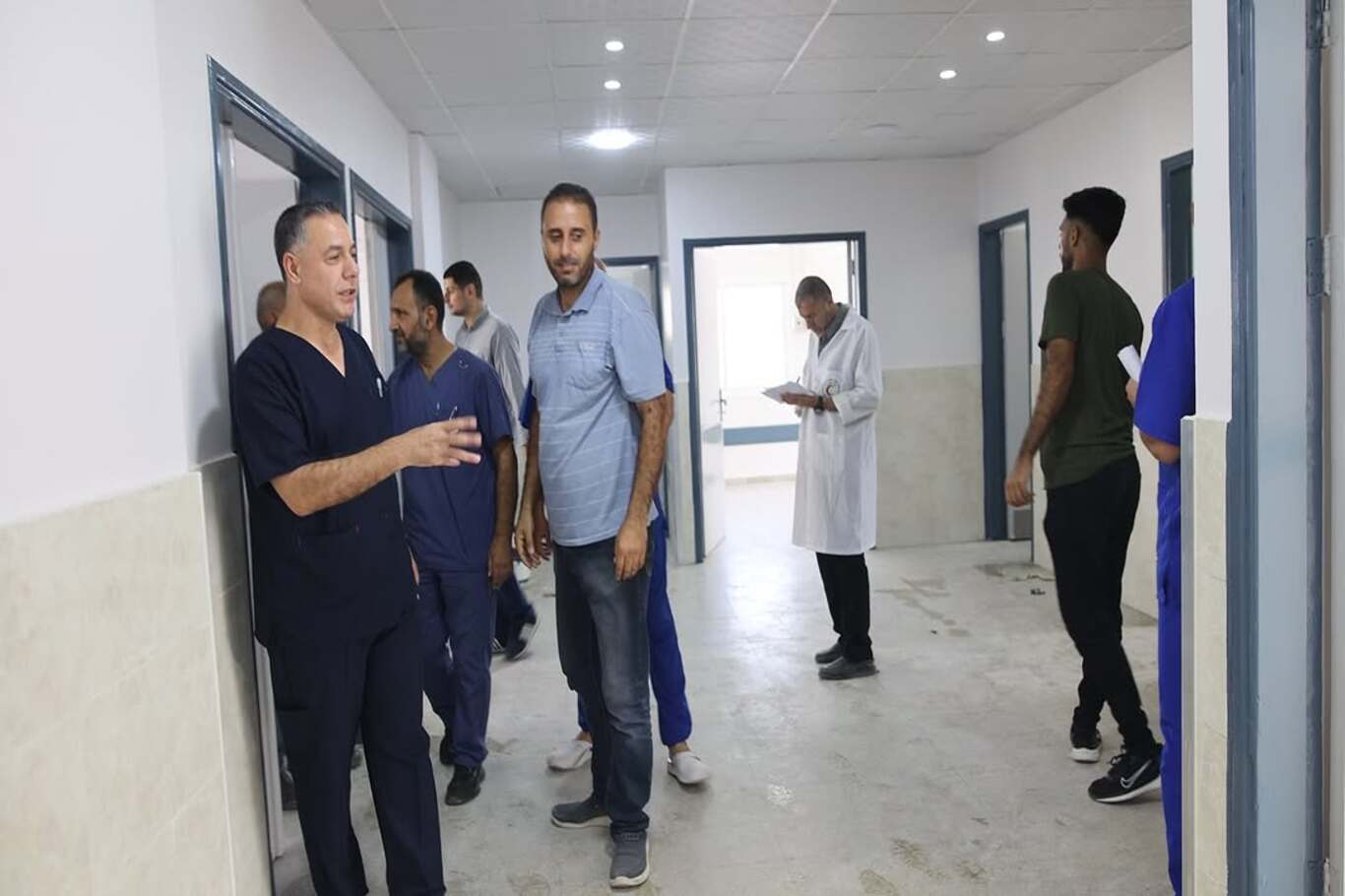NATO Defence Ministers to focus on Ukraine support, deterrence, and defence investment
NATO Defence Ministers will gather in Brussels on Thursday and Friday to make preparations for the upcoming Vilnius Summit in July.

 Google News'te Doğruhaber'e abone olun.
Google News'te Doğruhaber'e abone olun. In a press conference held on June 14, NATO Secretary General Jens Stoltenberg outlined the key agenda items for the meeting, which included bolstering support for Ukraine, strengthening deterrence and defence measures, and discussing investment plans.
Addressing the ongoing counter-offensive in Ukraine, Secretary General Stoltenberg acknowledged the progress made by Ukrainian forces, stating: “While it is still early to determine if this will be a turning point in the war, we observe that Ukraine is making advances and reclaiming more territory." Stoltenberg emphasized that these gains would strengthen Ukraine's position at the negotiating table and encourage President Putin to seek a peaceful resolution, recognizing that victory through military means is unlikely.
The ministerial meeting commenced with a session of the NATO-Ukraine Commission, preceded by the Ukraine Defence Contact Group led by the United States. During the gathering, ministers were expected to approve the establishment of a new NATO Maritime Centre for the Security of Critical Undersea Infrastructure within the NATO Maritime Command in the United Kingdom.
Furthermore, Defence Ministers engaged with representatives from small, medium, and large defence producers across the Alliance. They also reviewed a new Defence Production Action Plan aimed at promptly addressing shortages in Allied military stocks. Notably, NATO's Support and Procurement Agency was currently overseeing a joint procurement initiative worth $1 billion for 155mm ammunition this year. The exceptional review of national capability targets for essential munitions was completed, and ministers were anticipated to significantly increase these targets.
Another crucial agenda item was the renewal of the Defence Investment Pledge for the upcoming Vilnius Summit. The floor for defence spending was set at 2% of GDP, representing the minimum expectation from member nations.
In addition, the Nuclear Planning Group convened during the ministerial meeting to discuss the nuclear aspects of the current security environment and evaluate NATO's ongoing adaptation of nuclear deterrence strategies.
The Brussels gathering marked the final meeting of NATO Defence Ministers before the Vilnius Summit scheduled for July 11 and 12, where these critical issues will be further addressed. (ILKHA)































